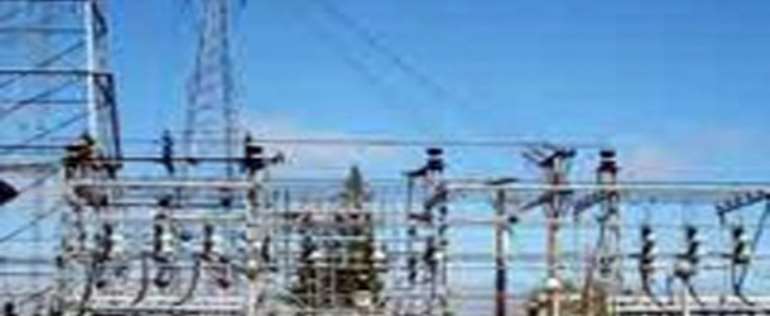TCN is broke, says Manitoba chief

The new Chief Executive Officer, (CEO) of the Transmission Company of Nigeria (TCN) Don Priestman, revealed that the firm was insolvent.
He also revealed fresh strategies, his firm Manitoba, has outlined to reform the TCN, how the skills gap in the firm would be bridged, and assurances to leave a viable entity at the end of the three year management contract with Manitoba.
Priestman, in a chat with our correspondent since his firm, Manitoba Hydro International of Canada was issued the management contract for TCN, said in very plain language that the TCN had been insolvent over the years. In fact, Priestman, known for his openness to discuss issues concerning TCN, noted how the firm has been insolvent, barely paying salaries and having little or nothing to run its very technical and sensitive operations.
He pleaded with the Federal government to put action to its commitments to fund the TCN for greater output.
He said: 'Well, there are a lot of challenges facing TCN. The fact of the matter is that for too many years, TCN did not receive enough attention. There was not enough money made available to help it maintain the system, expand the system, to make the system more efficient, to train staff in systems and procedures. So, for many years, TCN has been living a sort of hand to mouth situation, if you like, with minimal operating cost, with only enough money to pay the salaries, but not enough money to pay for the costs. In effect, now TCN, by strict definition of the word, is insolvent. What that means is that it is not getting enough revenue to cover all of its costs. So that issue is going to be our most fundamental challenge. In order of magnitude, we need more operating revenues. We need capital strength. If we get that, and if we get it on time, then there is a lot that we could do. And we have good ideas as to what we want to do.
On what Manitoba's experience has been so far in Nigeria, he stressed: 'Well, we have been here since August. The original idea was in September, we would have taken over responsibility for running TCN. Well, that didn't happen for a variety of reasons. There are people that were happy with the status quo. They didn't want change. And there was a lot of misinformation too about exactly what Manitoba Hydro was here to do. A lot of people did not understand what a management contract was. Some of them thought that the government was actually selling the transmission sector. That is not true.
'Yes, they are privatising the generation upstream and they are privatising distribution sector down stream, but the key link in between them is transmission, TCN and that quite frankly will remain within government ownership. We are here to manage with a management contract. We are not here to buy TCN. We don't own TCN. We will be here for three years. We will bring in as many improvements as we can, provided the resources are available. Then, at the end of our contract, we will hand back to our Nigerian counterpart, hopefully, a better company that they would carry on with.'
On how government has resolved the issue of two chief executive officers and two market operators, as was the case shortly after the schedule of delegated authority was signed, he said the issue ha
He added: 'All the former management staff of TCN, including the CEO, he stressed, are now deputies to those brought in from Manitoba Hydro International. There is no conflict there. It is a necessary arrangement if there is going to be internal corporate existence.
'There is no managing director of TCN right now. There is CEO of TCN. The former CEO of TCN is my counterpart and is now deputy CEO. You cannot have two CEOs. The former market operator is now the deputy ED (Market Operations). We have taken over the titles occupied by our Nigerian counterparts. All of our counterparts that were previously in charge are now deputies.' The Guardian
